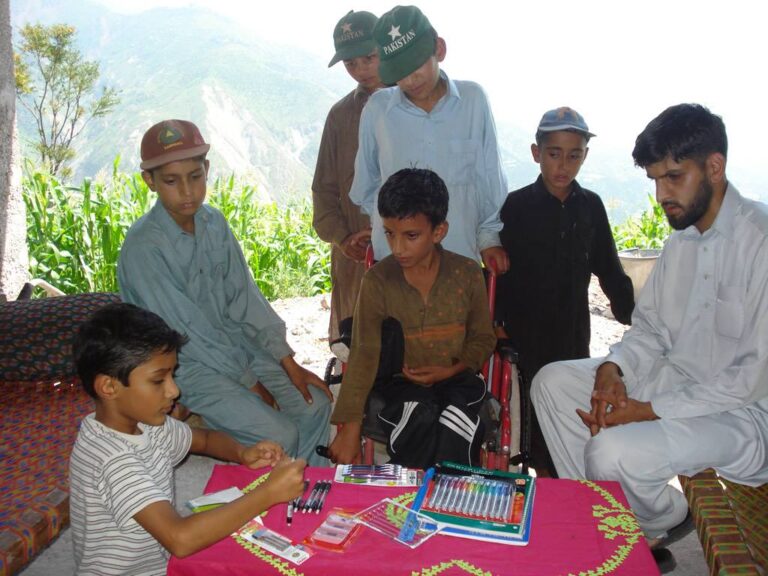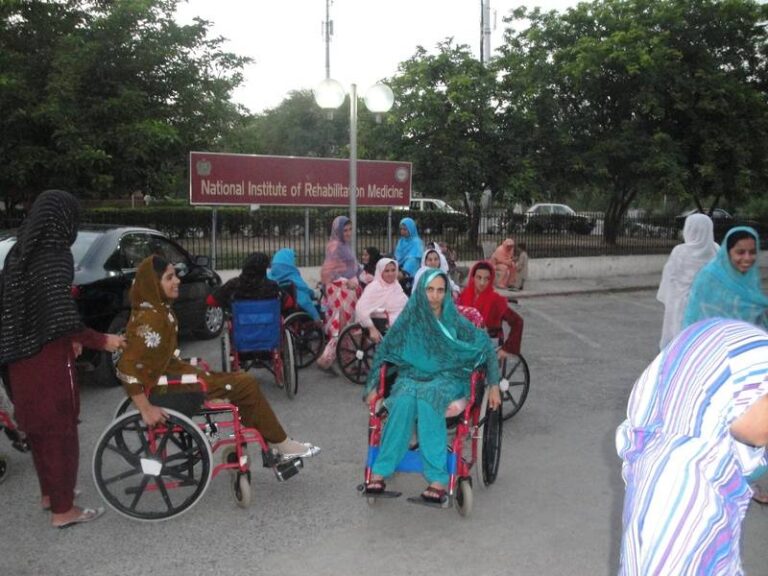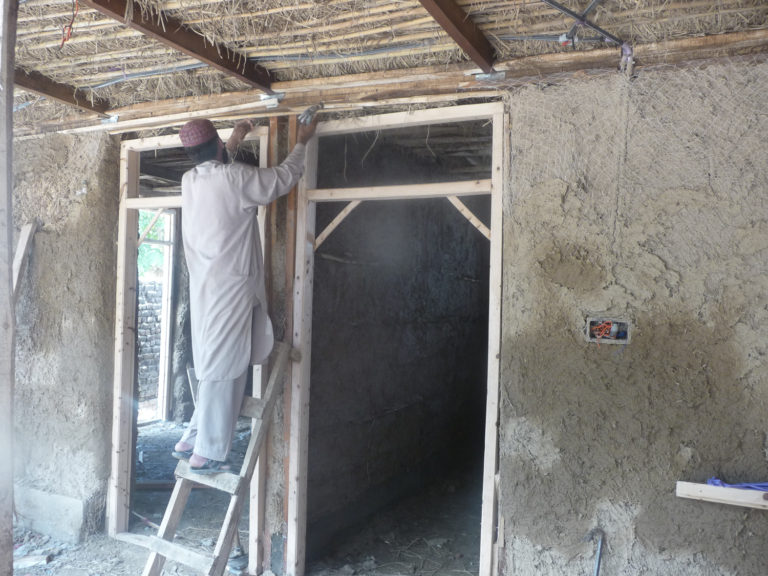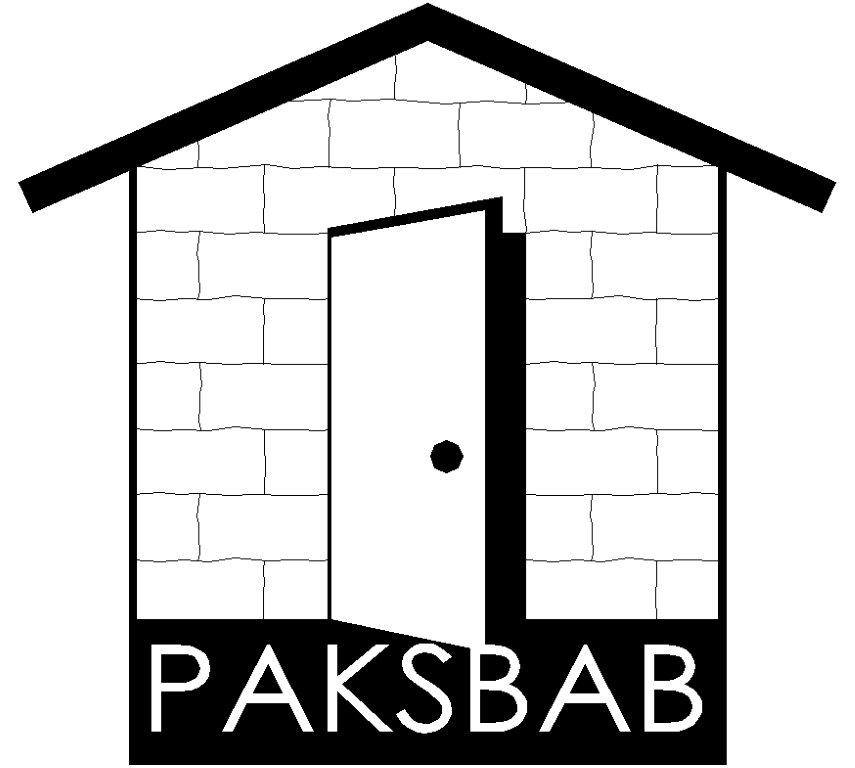This is just one of the straw bale houses that SCIPPER (Spinal Cord Injury Project for Pakistan Earthquake Rehabilitation) has helped build along with PAKSBAB (Pakistan Straw Bale and Appropriate Building).
This particular house was built for Ms Rubina Saleem who was paralyzed in the quake and after multiple hospital stays, she lived with her three children in one room in a slum without basic facilities. Rubina’s wheelchair accessible house restored her mobility until she sadly passed away. It greatly improved her family’s dignity and their quality of life.
This and other houses have been built using generous contributions from our donors and provided free to the skippers and their families. In the past, one home has cost about USD 10,000/-















